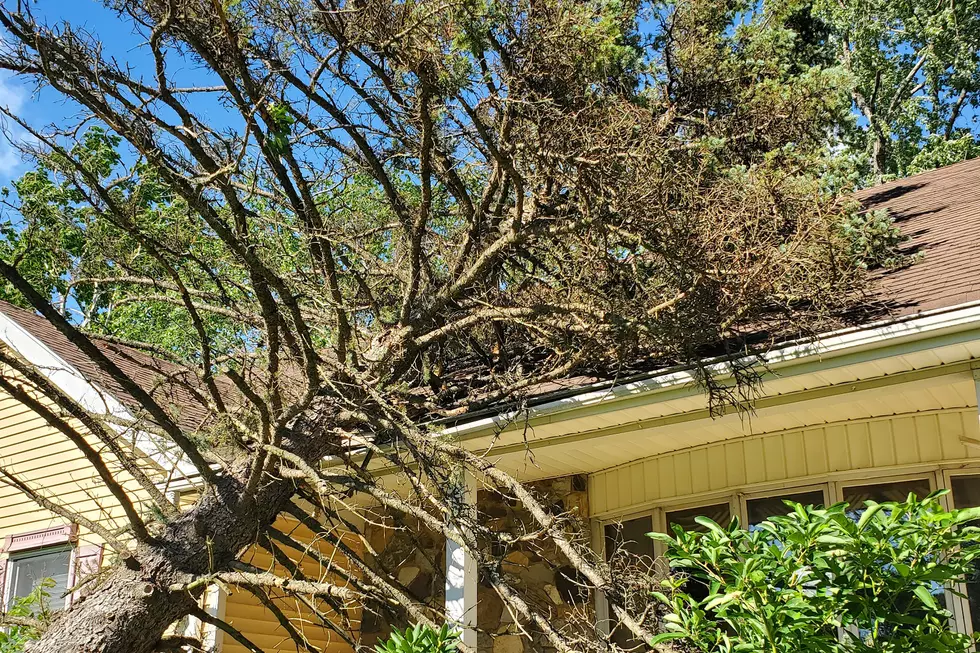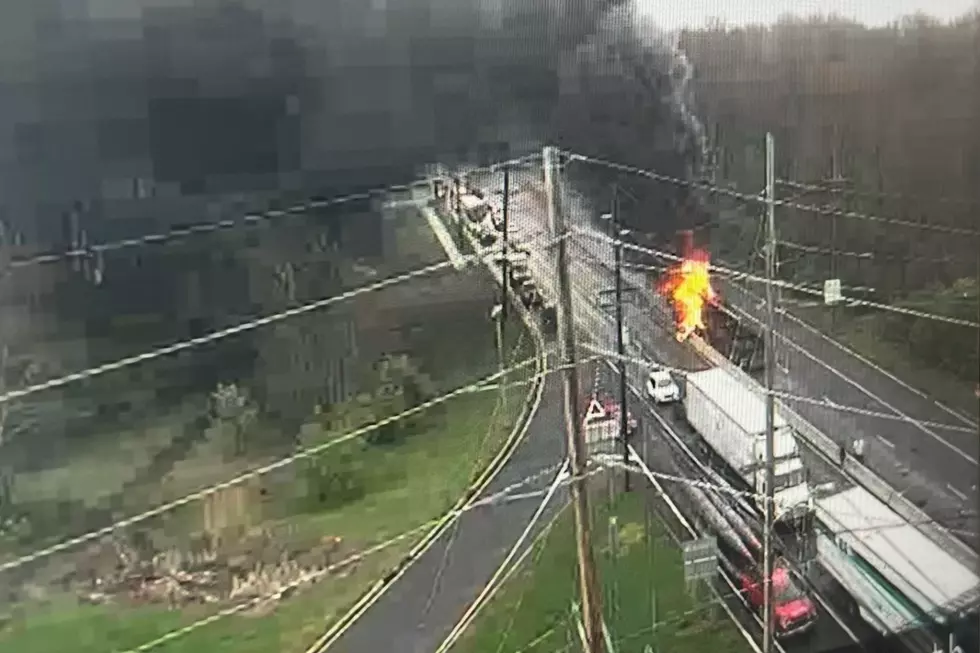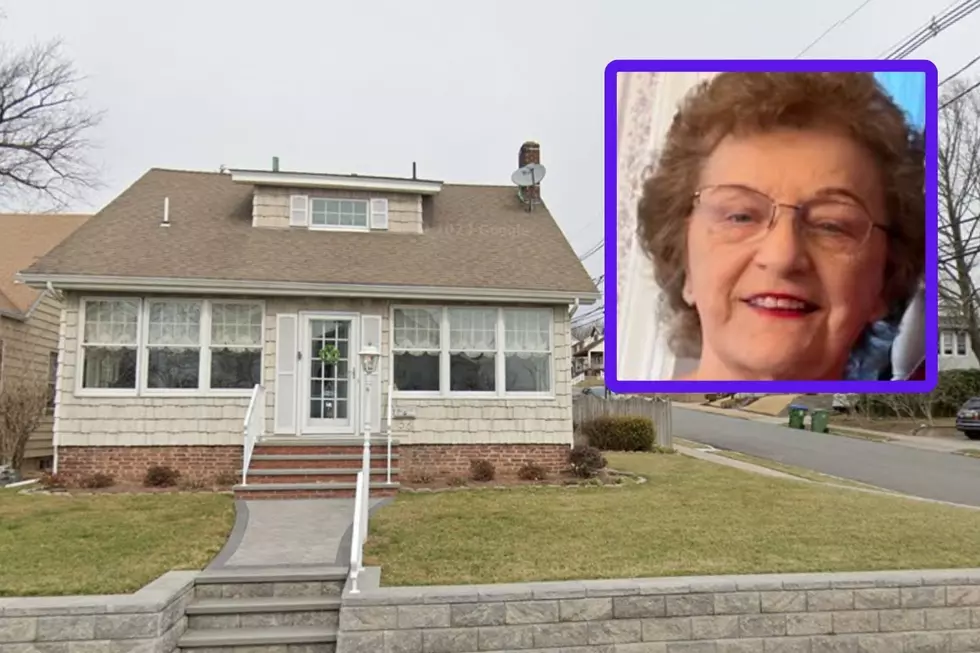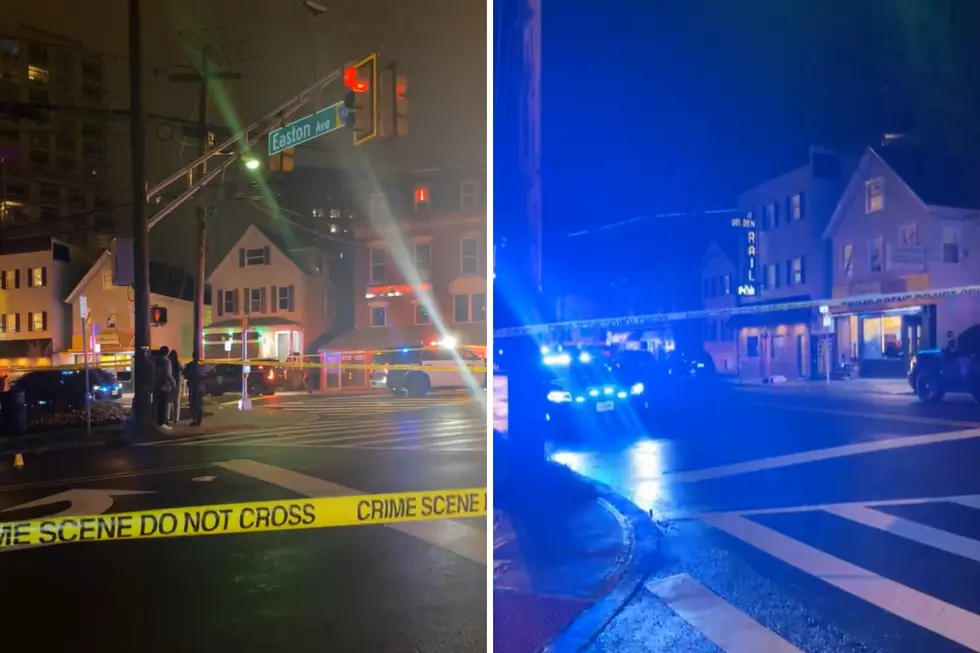
Grandma, 9-year-old in hospital: Generators causing poisonings
SOUTH BRUNSWICK — A 61-year-old woman who thought she was having a heart attack was actually being poisoned by carbon monoxide gas, which also made her 9-year-old granddaughter sick.
It was one of at least two incidents Tuesday involving carbon monoxide from generators.
Deputy Police Chief James Ryan said the arriving officer at the house on Robin Road in the Kendall Park section heard a running generator and quickly pieced together what was going on
"It was right outside the home. It had been placed by the back door but it was right under an open window, so the exhaust was coming back into the home. The fumes were still pouring into the house," Ryan said.
Carbon monoxide is a clear, odorless gas. Residents usually have no idea they have been inhaling as they become extremely ill.
The woman and her granddaughter were taken to PennMedicine Princeton Hospital.
With a carbon monoxide level measured at 350 parts per million, the officer would have been overcome had he waited for first responders inside the house, according to Kendall Park Fire Chief Chris Perez.
"You start to feel dizzy, you get a headache. It's like flu symptoms. At that level it's almost immediate and at that level it's lethal," Perez told New Jersey 101.5.
An ideal distance for a generator would be 10-15 feet from the house with clearance on all sides, Perez said.
Earlier in the day, police responded to a house on Blue Jay Court where the carbon monoxide level reached 70 parts per million after the family had run a generator in the garage. Police were alerted by a carbon monoxide detector.
"In this case, he had the garage door open so he was a bit perplexed about how it was unsafe. The garage is only open on one side. Three sides are closed so the air is still building up in the garage and can leak into your home," Perez said. "It's the same as running your car in an open garage. You should always back it out of the garage before warming it up."
Carbon monoxide poisoning usually originates from a gas-burning appliance like a dryer or stove or generator.
"When Sandy came through, we had a bunch of these kind of calls. People running them in enclosed spaces or too close to their home," Perez said, adding that he's encountered people running them on their front porch or in their basement.
Tips for the proper installation and use of generators from Electrical Safety Foundation International:
- Never operate a generator in your home or in other enclosed or partially-enclosed spaces, including garages.
- Never connect generators directly to household wiring without first installing a transfer switch. This prevents backfeeding, which could electrocute utility workers.
- Make sure your generator is properly grounded and used with a ground fault circuit interrupter (GFCI).
- Use only extension cords that have a three-pronged plug and are rated for the intended load.
- Your home generator should be installed by a qualified electrician and bear the mark of a nationally recognized testing laboratory.
- Install battery-operated carbon monoxide alarms or plug-in alarms with a battery backup.
Contact reporter Dan Alexander at Dan.Alexander@townsquaremedia.com or via Twitter @DanAlexanderNJ
More from New Jersey 101.5:
Damage from Isaias in New Jersey
More From New Jersey 101.5 FM









